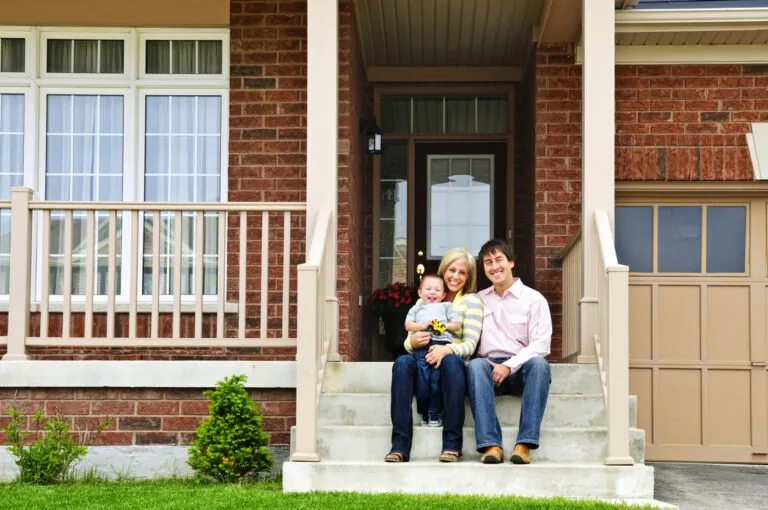
Are you looking to buy your first home? Maybe you’ve been thinking about getting married and starting a family, or maybe you’re just tired of renting. But before you start thinking about decorating and painting, you’ll want to prepare for this major purchase. Here are a few important things to do before you buy.
1. Check your credit score.
Your credit score can determine what kind of loan you can qualify for, and how high your interest rate will be. If you’re married or engaged, you and your (future) spouse should both check your scores. Get your free credit report and dispute any errors you find.
If your credit score isn’t quite where you would like it to be, keep making your payments (especially rent payments) on time and pay down those high-balance accounts. This will help you boost your score. Just don’t close any of your credit accounts, because that can negatively impact your credit score.
2. Know how much house you can afford.
This is huge. Having a realistic idea of what you can spend on a house will help you figure out your next step. Online mortgage calculators can give you a head start. Have you decided you can afford a higher monthly payment than you currently have? Try adjusting your budget to fit the higher payment, association dues, etc. for a few months and see how it goes.
Be realistic about your goals. If you’re single, decide whether you want to buy a smaller home or one that has room for a future family. Especially if you’re buying an older home, you may not want to max out your budget; leave room for repairs!
3. Get your savings in gear.
If you’ve been budgeting wisely, you have some savings that you can put towards your house’s down payment. But don’t forget to plan for repairs and taxes as well. You’ll want to avoid opening any new credit accounts or making large purchases, since that could impact your credit score.
The size of your savings account can make a big difference in how good a loan candidate you are, so make sure you have a healthy cash cushion before you go house shopping. Savings (as well as your credit score) will show a lender that you aren’t living beyond your means.
4. Get pre-approved BEFORE you buy.
Apply for a mortgage loan before you start looking at houses. Knowing how much financing you have will help you narrow your search and avoid wasting time looking at house you simply can’t afford. Don’t feel like you have to max out the amount you qualify for; if you find a home you love for less than the maximum loan amount, that’s great too.
If you can get a free pre-qualification, that’s a great place to start. Shop around for not only the best rates, but professionals who will answer your questions and work with you to help you get the loan that’s right for you.
5. Get a C.L.U.E. about the house you want..
Found a house you love? Great! Now get to know it a little better. You can use Zillow to find out how long the house has been on the market. Zillow can also tell you what the house’s sales and tax histories are, as well as what comparable houses have sold for. Trulia can tell you about recent crimes reported in the area.
Ask the sellers for a C.L.U.E. (Comprehensive Loss Underwriting Exchange) report. This report is a list of insurance claims made against the property within the last 7 years, regardless of whether they were paid out or denied. As you walk around the house, look for trouble signs like a sagging roof or water stains on the ceilings.
Buying a house, whether just for yourself or for your family, is a big investment. With some advance planning and financial savvy, you can find the perfect house for your budget and lifestyle.
We are proud to offer affordable loans, including fixed-rate and adjustable-rate mortgages. In addition, we have 3% and 5% down payment options.
This article should not be considered legal, tax, or financial advice. You may wish to consult a tax or financial advisor about your individual financial situation.



